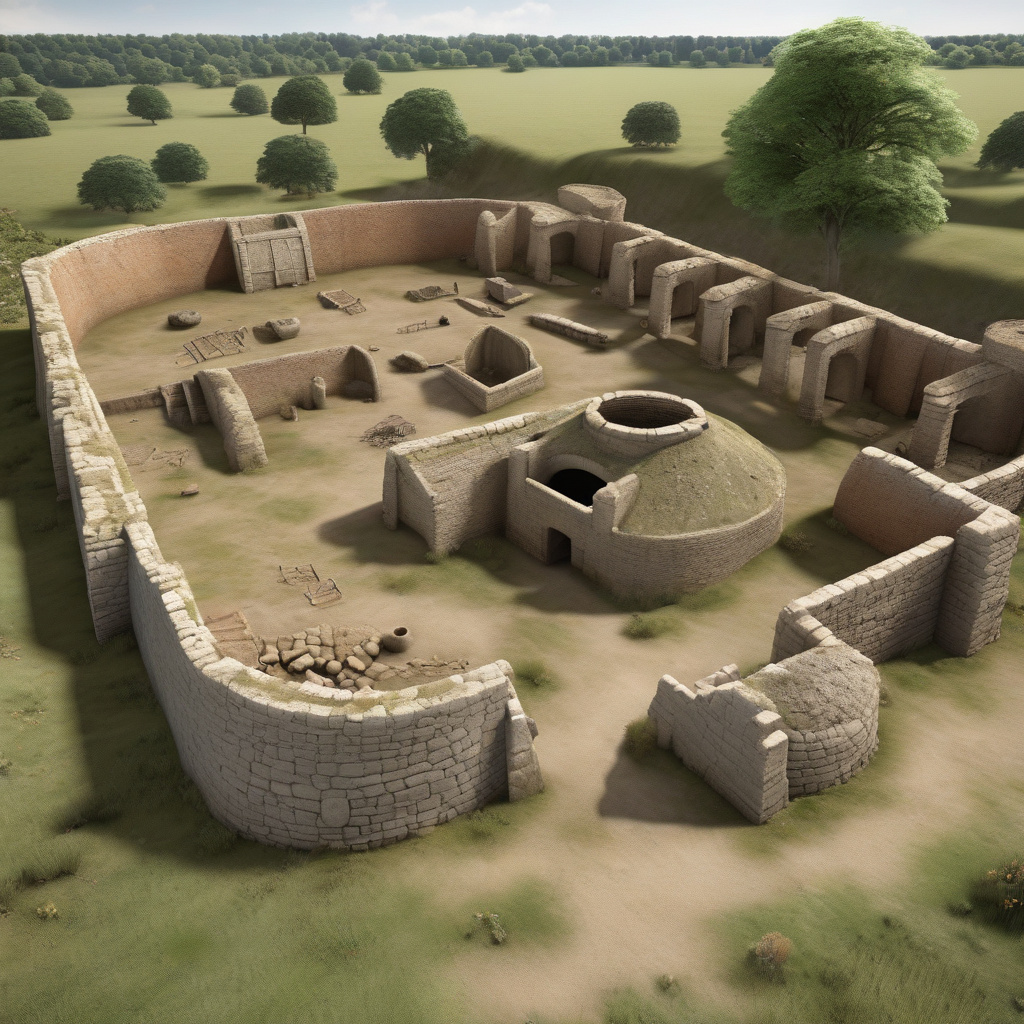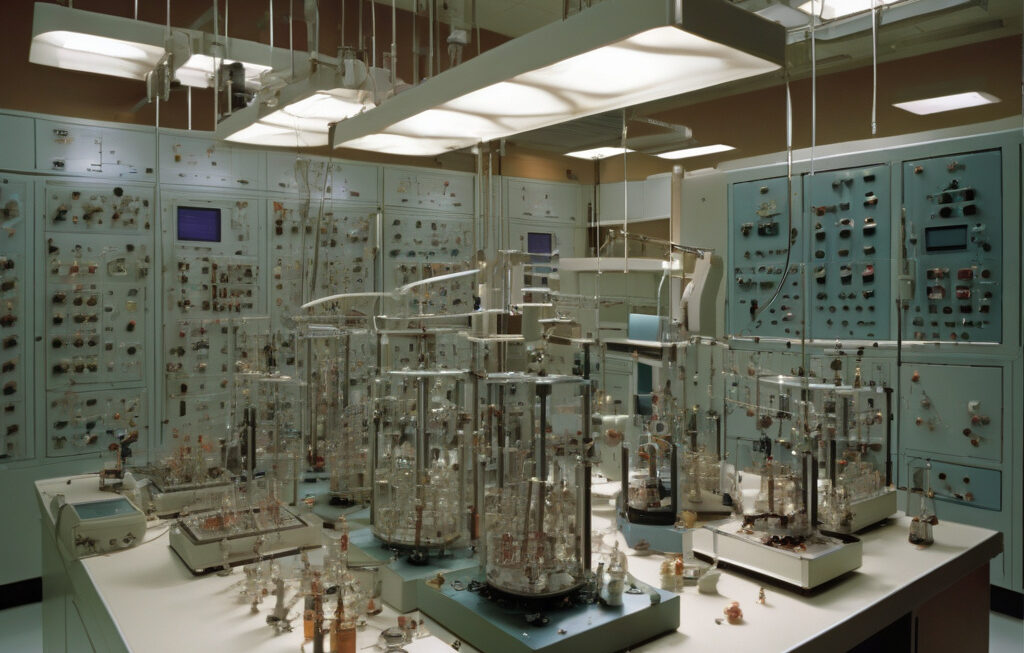Unveiling History: Exploring the 1,800-Year-Old Roman Settlement and Limekiln Discovered in UK’s Gloucester
Large-scale excavations in Gloucester by Cotswold Archaeology have revealed a well-managed Roman settlement founded by the ancient Romans around 200 AD. This significant discovery provides a fascinating glimpse into the past, shedding light on the daily lives, activities, and architectural marvels of this ancient civilization.
The Roman settlement, located in the heart of Gloucester, offers a treasure trove of historical artifacts and structures that speak volumes about the advanced engineering and organizational skills of the Romans. One of the most remarkable finds during the excavations is a remarkably well-preserved limekiln, a testament to the Romans’ expertise in industrial processes and construction techniques.
The limekiln discovered in Gloucester is a prime example of Roman engineering prowess. Used for producing lime by burning limestone, these kilns were essential for various construction projects, including the creation of mortar for buildings, roads, and fortifications. The discovery of the limekiln not only highlights the Romans’ mastery of industrial activities but also provides valuable insights into their infrastructure development and urban planning strategies.
Moreover, the Roman settlement in Gloucester unveils a network of well-planned streets, houses, and public buildings that reflect a thriving community with a sophisticated social structure. The meticulous layout of the settlement indicates a high level of urban planning and architectural design, showcasing the Romans’ penchant for order and efficiency in their built environment.
In addition to the architectural wonders, the excavations in Gloucester have unearthed a plethora of artifacts, including pottery fragments, coins, and household items, offering a glimpse into the daily lives and cultural practices of the Roman inhabitants. These artifacts provide valuable clues about the economic activities, trade relations, and artistic expressions of the ancient Romans living in Gloucester.
The discovery of the Roman settlement and limekiln in Gloucester underscores the importance of archaeology in unraveling the mysteries of the past and connecting us to our historical roots. By studying and preserving these ancient sites, we can gain a deeper appreciation for the ingenuity, creativity, and resilience of past civilizations, enriching our understanding of human history and cultural heritage.
As we marvel at the wonders of the 1,800-year-old Roman settlement in Gloucester, let us reflect on the enduring legacy of the ancient Romans and the timeless lessons they impart about innovation, craftsmanship, and community building. Through these archaeological discoveries, we are reminded of the significance of preserving our cultural heritage and learning from the achievements of our predecessors to shape a better future for generations to come.
#GloucesterHistory, #RomanSettlement, #ArchaeologicalDiscovery, #AncientCivilization, #CulturalHeritage












